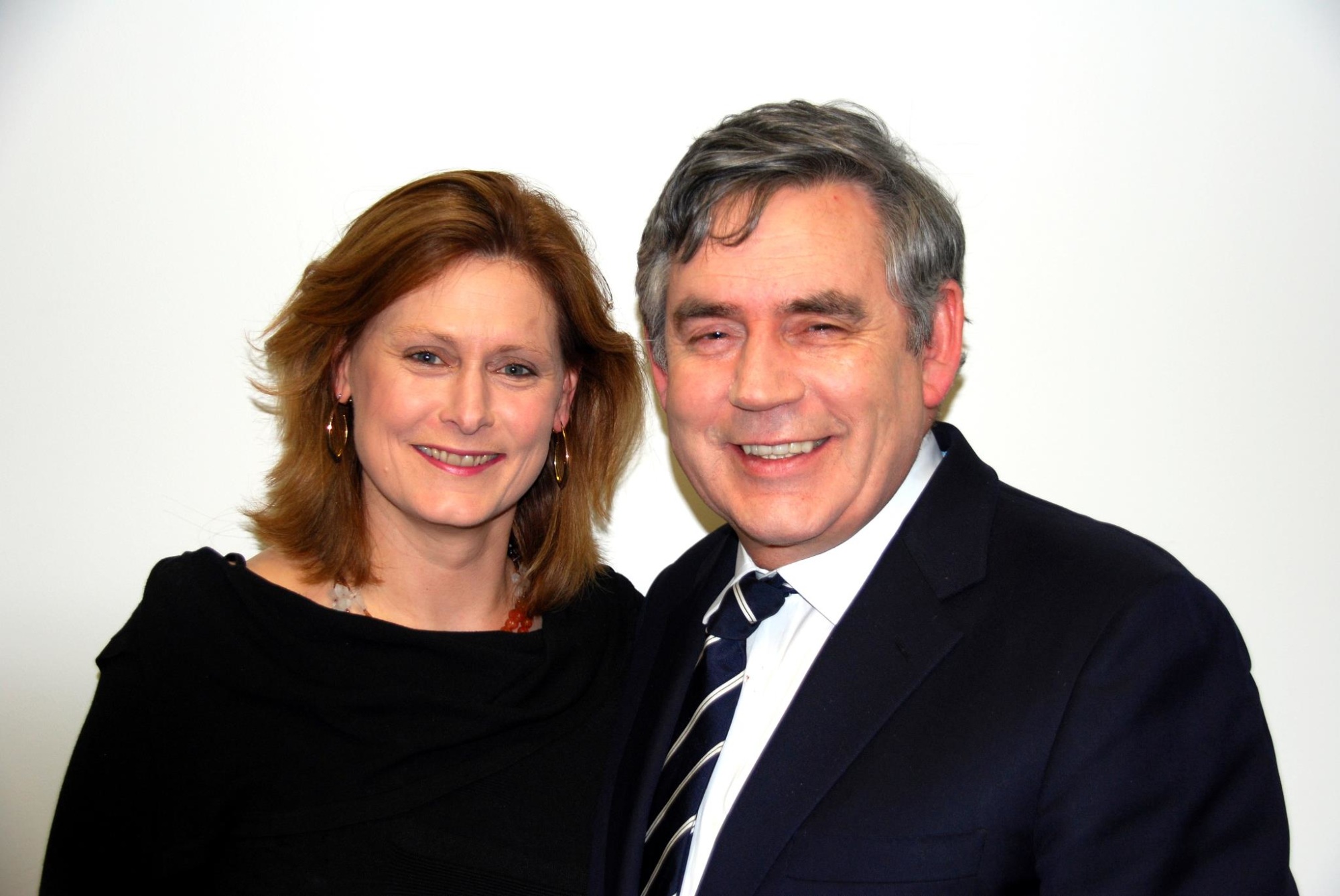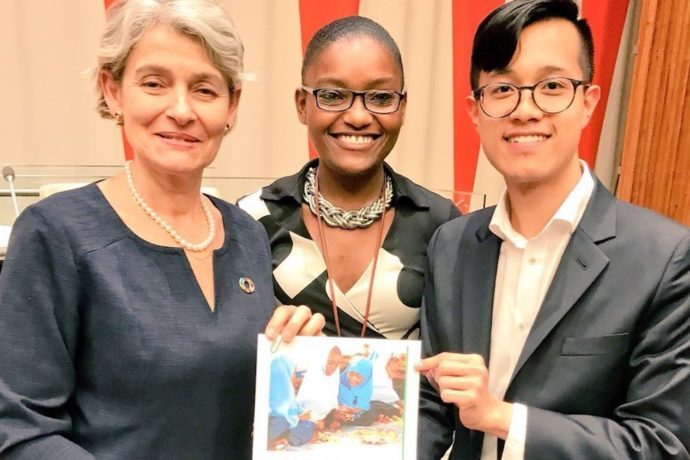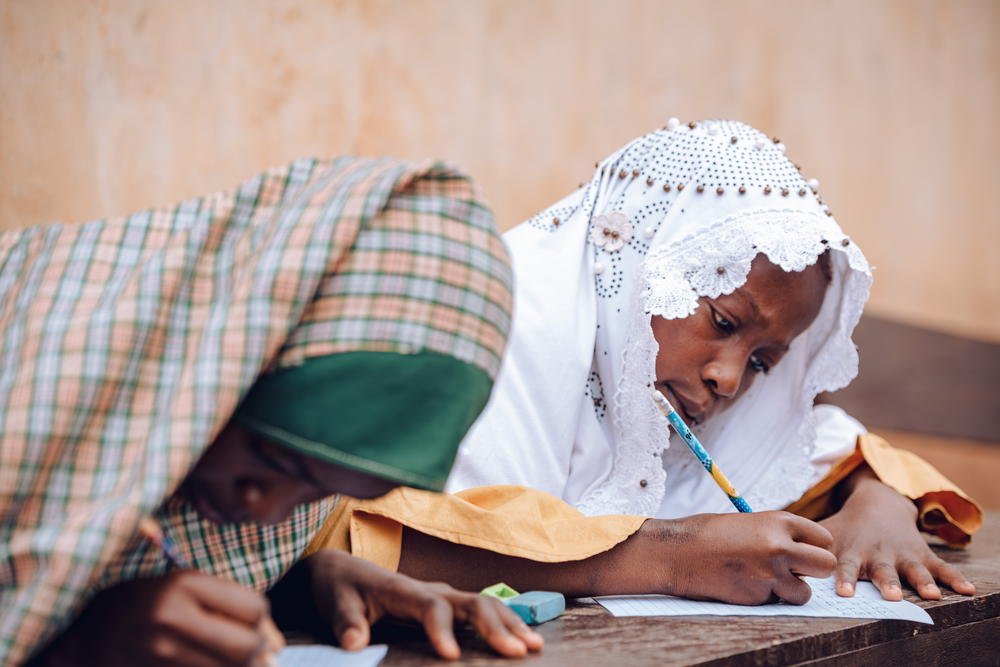
“We need to make knowledge our weapon but make empathy the skill”
Barriers to education, Right to education, Sarah Brown
In a new episode of her Better Angels podcast, Theirworld President Sarah Brown talks to young activists who are part of the Millennials generation.
You don’t have to be old to be wise – or help to bring about change. In fact, older generations can learn much from the energy, vibrancy and courage of many young people today who are at the forefront of activism and campaigning.
In the latest episode of her Better Angels podcast, Theirworld President Sarah Brown asks what can be learned from Millennials about the future of campaigning and how they connect through arts, social media and activism.
She talks to youth activists Amrit Kaur Lohia and Benedict Joson, “super connector” Marc Adelman and Nikesh Shukla, editor of The Good Immigrant anthology.
Amrit is a singer and musician from London who plays the Indian classic instrument the sarangi and other instruments. Her many appearances this year include the Glastonbury music festival.
“For that one moment you have a voice – and that is something I value,” she says.
“It made sense to me to use music for social change because I know the impact it had on me.”
Talking about overcoming divisions and prejudices, Amrit says: “When you can put people with different opinions in the same room and they can sing or tap to the same beat it says a lot.
“What we need to do is try to make knowledge our weapon – but make empathy the skill. That way we can create social change in ways we wouldn’t image.”
Benedict Joson emigrated aged six from the Philippines to the United States. His activism began early when he was at school and continued into university.
Benedict, who is a Global Youth Ambassador for Theirworld’s A World at School movement, says: “My work campaigning for education equality has been energising and inspiring because of those young people who are more at the frontline of the global crisis than I am.”

He adds: “Grassroots activism is essential for change. Without using the kind of digital technologies that we have, I don’t think we would have the kind of communication or platform between young people and those who have power and privilege.”
Marc Adelman is an American networker and connector. When Sarah asks him to explain what that means, he says: “I basically take people who need to know each other and I make them know each other and do good.
“The greatest thing you can do is figure out who are like-minded people, how can they come together and collaborate.”
Marc says a positive and fun atmosphere are essential for people to work together and achieve results.
He says: “The best results are often rendered when people are stimulated and inspired and enjoying the people they’re working with. If you’re not motivating people, you’re probably not doing the best job you can.”
Nikesh Shukla runs a British youth magazine called Rife. He says: “Young people don’t feel represented, they don’t feel their opinions are listened to.
“But when you give young people the space to write about the issues that are important to them, they end up writing some really progressively political stuff.”
More news

